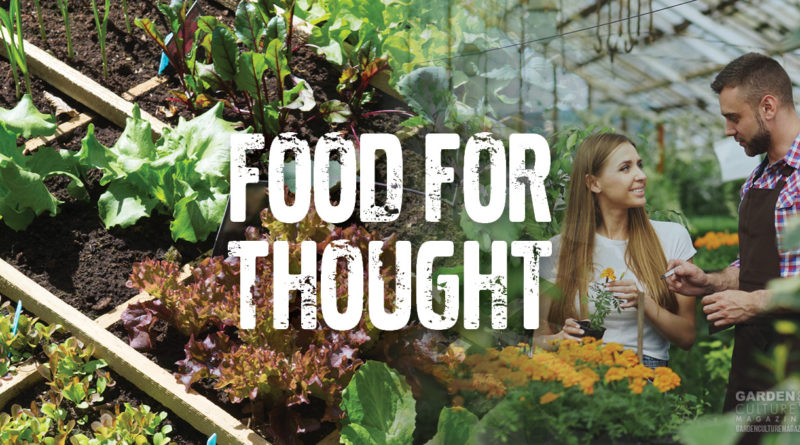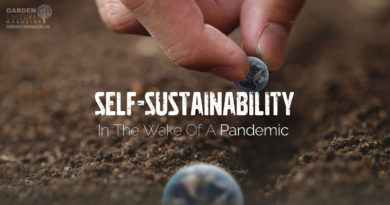Breaking Down Barriers In Local Food Movements with Conversation
I grew up in the country; there often wasn’t a great need for talk. People were quiet in a way that suited the place. It was windswept and rural; there was lots of space. When I came to live in the UK, I noticed just how much people talk! A lot of it felt unnecessary to me; all that blathering when a nod and a ‘hello’ might do just as well. I realized that people’s lives were far more complex, culturally, than they were where I grew up. There was a lot more to talk about, lots of people around, and varied experiences being had. It started to make more sense to me as time went by.
Why We Should Talk
However, something common to both where I grew up and the UK was what was not being said. Gossip! The thing that lubricates mouths and conversations and brings people together – true, but gossip is also a thing that can drive a wedge between people, make people competitive, and even fabricate stories about each other. In local food, we don’t need this. We need open conversations to happen.
But we’re not used to it.
In my experience in local food, we often avoid being open about what we do. That’s a competitive attitude, which may very well come from the ‘dog eat dog’ world of capitalism and competition. You know, that world where we’re supposed to find our niche, be secretive about our business intentions in case others steal our plans, and therefore, our profits? That attitude, I’ve found, is everywhere in small business these days, and here’s why it doesn’t work in local food movements:
- When we keep what we do a secret, we send that message that we don’t trust and are, therefore, untrustworthy.
- When we keep things secret, we are more likely to be defensive, and the negative gossip stories start appearing, conveniently starring ‘the competition.’ I have plenty of first-hand experience of this.
- When we compete with each other, we stand less chance of diversifying within a small market, satisfying otherwise unknown niches, and collaboration is out the window.
- When we don’t talk, we miss out on loads of great opportunities!
For example, I know local food retailers who have made statements like: “If only we had someone growing strawberries locally; why don’t any of the growers do that?”
My reply would be, “Have you asked anyone?” The answer: “Well, no.”
Avoiding Awkward Conversations
This sounds implausible, but it’s actually true, and if it’s true for places I’ve worked with, it’s likely true in the rest of the world too. I know retailers that would instead stop buying from a producer than give them feedback about some dodgy vegetables they delivered.
Why? Because they are afraid; because they feel slighted in some way. It can be easier to order from a wholesale list than have the ‘hassle’ of talking to someone two miles up the road, saying what was wrong, and seeing if it can be put right.
The result can be a retailer that doesn’t trust the producer and a producer whose produce sits there, not being bought and not knowing why the retailer has dumped them. All for the sake of one uncomfortable moment of conversation, which could result in people understanding each other better and both parties getting what they want.
Breaking Down Barriers
This kind of attitude presents a big barrier within local food procurement and consumption and can be tackled. For local food to flow more smoothly, people need to talk.
Producers need to talk to each other, and retailers need to talk to each other and the producers.
Where I live, we have a small group of growers, all of whom know each other and know that they are working together towards the same goal. Yes, they are food producers, but they are also examples of alternatives in a world that’s mostly the same – plastic-coated, tasteless, mass-produced supermarket food. Sure, in some sense, they compete, but it’s a collaborative competition in which they agree on important things like pricing and what they are going to specialize in growing.
And even if it doesn’t go entirely to plan, they know each other; the gossip can subside (or at least the edge is removed from that gossip), helping people be more flexible and collaborative in their attitudes. Slowly, they can find a way to expand local food through collaboration, not competition, and through gatherings, not gossip. In local food, it starts with us and our attitude towards each other.
That’s why we should talk.




